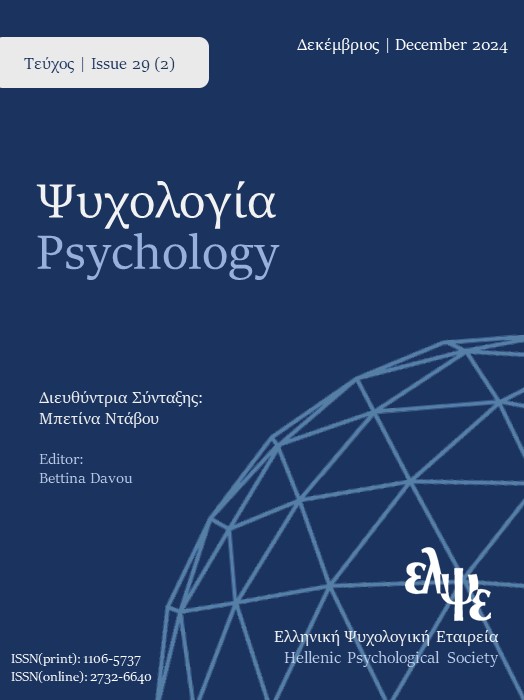Problem Management Plus (PM+) intervention in the context of refugee psychosocial support: Research data and applications

Abstract
The Problem Management Plus (PM+) intervention was developed by the World Health Organization to bridge the gap between mental health needs and access to quality services, as part of the WHO Mental Health Gap Action Programme (mhGAP). It is an intervention for the psychosocial support of adults who suffer from common mental health problems and face adversities in their daily lives. There is strong evidence for the intervention’s effectiveness in reducing psychological symptoms in adults exposed to adversities. Within the context of the “Community Psychosocial Workforce” program, implemented by EPAPSY (Association for Regional Development and Mental Health) in collaboration with UNHCR, the UN Refugee Agency, members of refugee communities are trained and supervised by mental health professionals to provide psychosocial support through the PM+ intervention to refugees facing emotional difficulties. The basic strategies of the intervention are based on problem-solving techniques and behavioral therapy and include anxiety management, behavioral activation, and the enhancement of social support. Additionally, symptoms of depression, anxiety, suicidality, and self-reported mental health problems are assessed using questionnaires before and after the intervention. The current article provides a detailed presentation of the intervention based on recent empirical and clinical data, as well as a presentation of its application by specially trained refugees.
Article Details
- How to Cite
-
Papathanasiou, C., Pantelidou, S., Belekou, P., Menediatou, A., Mantzari, A., & Stylianidis, S. (2024). Problem Management Plus (PM+) intervention in the context of refugee psychosocial support: Research data and applications. Psychology: The Journal of the Hellenic Psychological Society, 29(2), 241–264. https://doi.org/10.12681/psy_hps.31517
- Section
- RESEARCH PAPERS

This work is licensed under a Creative Commons Attribution-ShareAlike 4.0 International License.
The journal PSYCHOLOGY adopts a Platinum open-access policy. Submission, processing or publication costs are waived by the Hellenic Psychological Society. Papers published in the journal PSYCHOLOGY are licensed under a 'Creative Commons Attribution-ShareAlike 4.0 International' licence. The authors reserve the copyright of their work and grant the journal the right of its first publication. Third-party licensees are allowed to use the published paper immediately after publication as they wish, provided they retain the defined by the license copyright formalities, regarding the reference to its author(s) and its initial publication in the journal PSYCHOLOGY. Moreover, any adjusted work should be shared under the same reuse rights, so with the same CC license.


